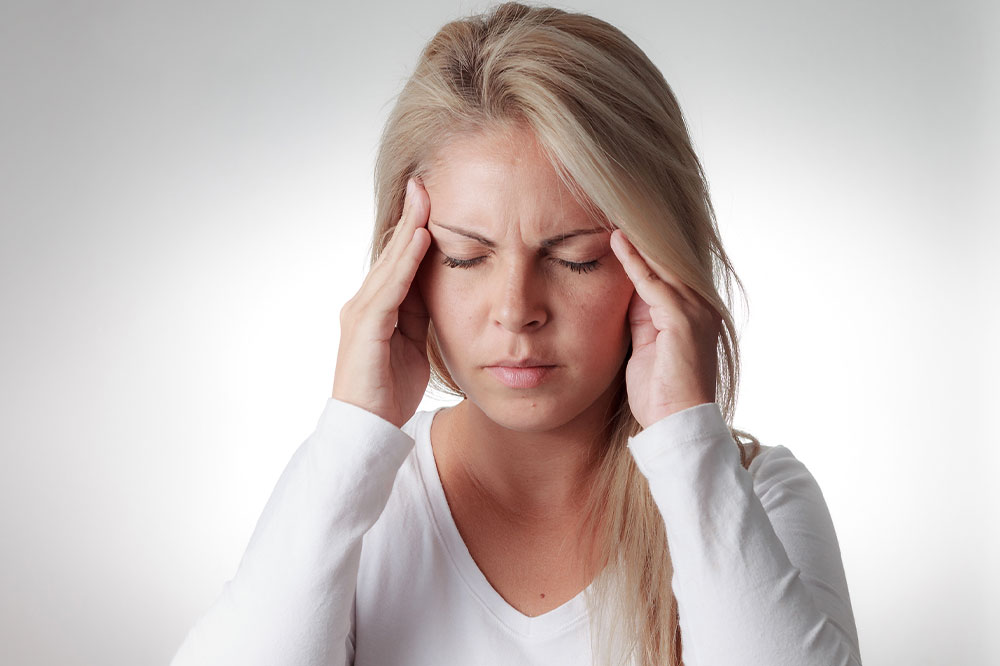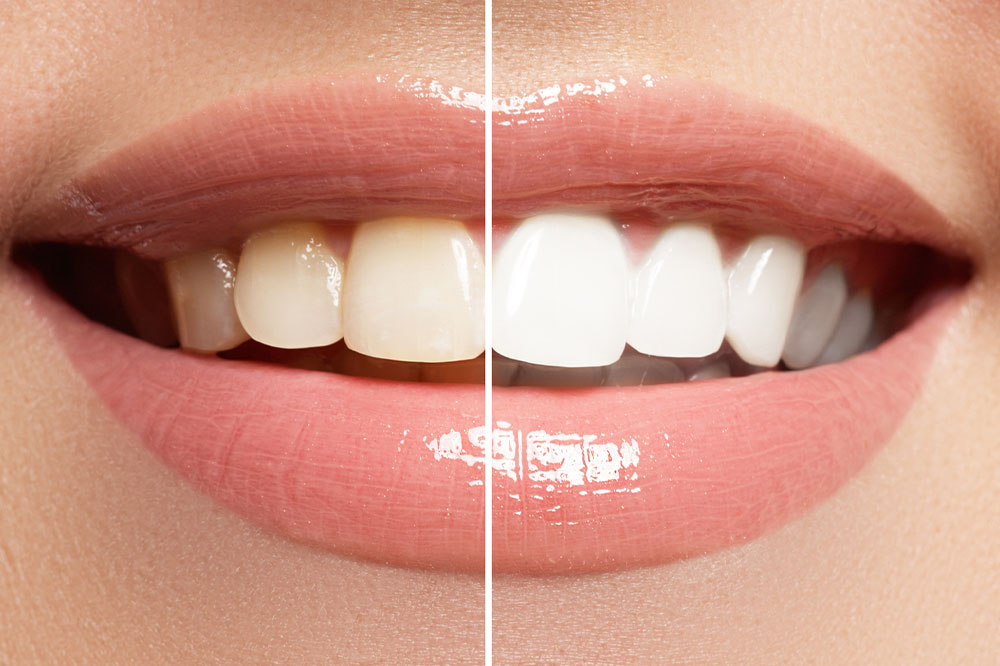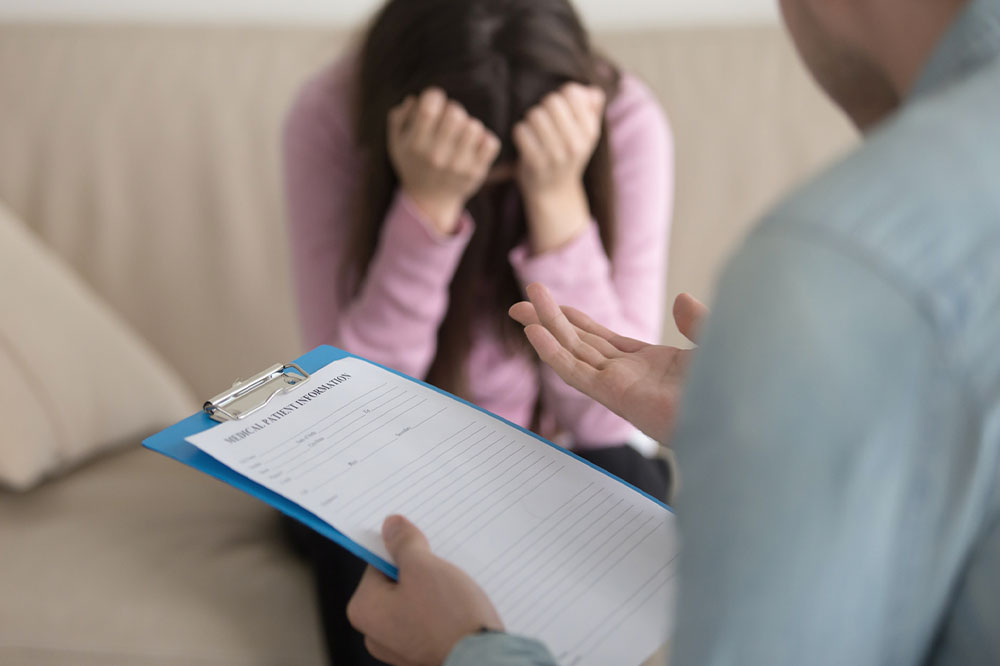
health
Eczema – Types, early signs, and triggers
Eczema is an inflammatory skin condition that results in blistered, dry, and scaly patches on the skin. Eczema is a group of skin disorders. Each type results in a mix of symptoms that are similar and distinct. It is most frequently characterized by itchy skin. This skin condition can appear in childhood, adolescence, or adulthood, with severity ranging from mild to severe. Here are a few of the early signs of various types of eczema. Early signs of eczema There are several types of eczema, and each has its own set of symptoms. Among the types are: Atopic dermatitis This is the most common type of eczema. In this case, it starts as a severe itch. Severely irritated skin may crack and bleed or drip clear liquid. Other symptoms vary according to age and the severity of the illness. Symptoms in babies include dry, itchy skin, fussiness, and difficulty sleeping. Adults typically exhibit symptoms on their hands, eyelids, and beneath their eyes. It causes thick, dry, cracked skin that itches or burns. Eczema most commonly appears behind the knees and inside the elbows. It can also appear on the neck, wrists, ankles, and the tops of the thighs. The skin may swell, darken, and thicken over time.
Read More 













